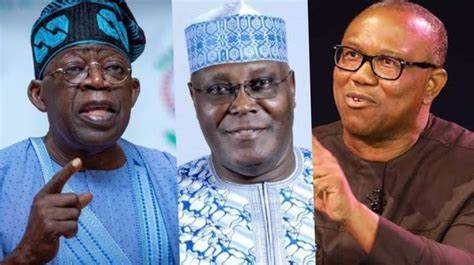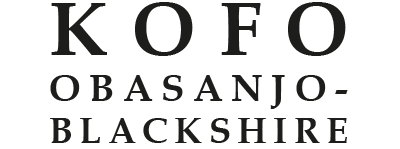Nigeria’s presidential elections are scheduled to be held on Saturday, February 25th, after 8 years of President Muhammadu Buhari’s term in office. This heralds a crucial juncture for a nation that has strained under the burden of unprecedented physical and food insecurity, persistent fuel shortage (despite being one of the world’s largest oil producers), high levels of corruption and youth unemployment. The stakes could not be higher for these elections, given the failure of the incumbent administration to offer any glimmer of hope or respite to a traumatised nation.
Africa remains marginalised in many western media and in the imaginations of most western citizens who have been conditioned to dismiss affairs in Africa as being of little importance to their lives. Even though the significance of these elections may be muted or missed by international news coverage, what happens in Nigeria in February matters a great deal since Africa is set to take centre stage for the world’s largest demographic changes.
UN predictions forecast the doubling of over half of Africa’s 54 nations – or more – by 2050, the result of sustained high fertility and improving mortality rates. The continent will then be home to at least 25% of the global population, compared with less than 10% in 1950. Nigeria in particular will become the world’s third most populous country by 2050, with around 400 million inhabitants compared to an estimated 215 million in 2022. Youth will displace oil as Nigeria’s most valuable resource in the 21st century. However, in a nation where more than 50 per cent of the population currently lives on less than a dollar a day, this rapid growth could become a ticking time bomb as the population surges endlessly.
Increased competition for nourishment and jobs, ensuing strife and destabilization of the region, mass migration of skilled and highly trained emigrants or hopeless refugees fleeing for greener pastures in Europe, North America or even elsewhere in the world would have implications for labour markets, social structures and immigration crises.
Over 60% of Nigerians are mutidimensionally poor, which means that they experience multiple deprivations across healthcare, sanitation, food security, living standards, education, employment, physical security etc. These elections provide an opportunity for course correction; indeed, a clarion call was issued by former Nigerian president, Olusegun Obasanjo, rallying the youth to reclaim the country. The political landscape around these elections is littered with ageing candidates vying to lead one of the world’s youngest nations. In a race with a glaring lack of spring chickens, Peter Obi, the youngest of the front-runners, stands out as possessing the vigour, cognitive competence, physical stamina and energy required for the top job.

Nigeria has wallowed in the quagmire of corruption, deficient leadership, insecurity, religious and ethnic schism for so long that change will take time, but it must begin now. There are many issues for any new government to grapple with. Chief among them are the following ‘Pillars’: Prosperity (liberation from poverty- wealth creation), particularly addressing the issue of youth unemployment; Protection (security: all-encompassing for everyone) and without which foreign investment, a critical factor for job creation cannot progress; underpinned by Politics (sound and citizen-centred leadership). The job will be a marathon, not a sprint. Physical and mental endurance, stamina and staying power will be essential.
Readers can find more about the ‘Ps’ or Pillars of nation building and state development in my book.
